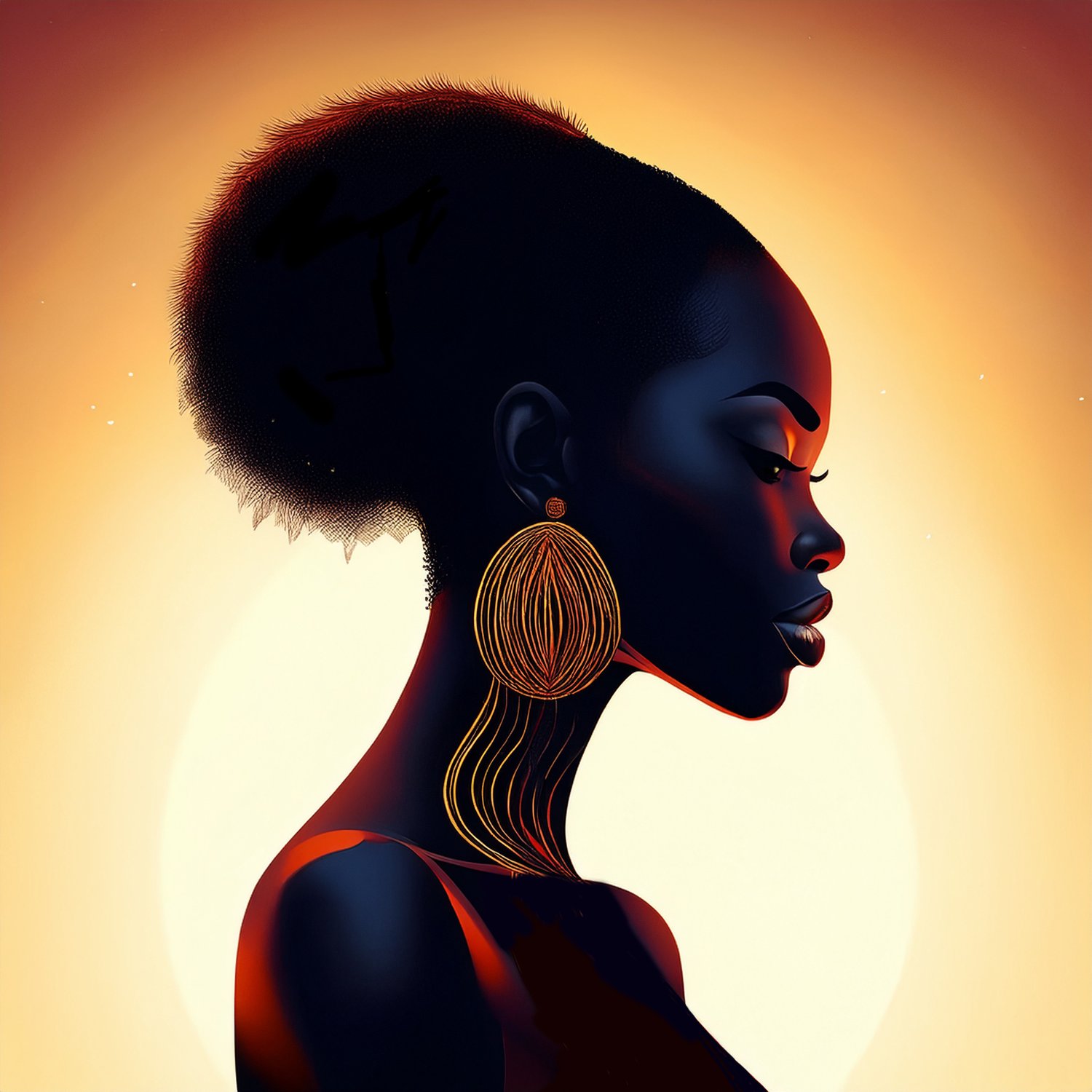Black Women and Breast Cancer: How Racism Kills
Introduction
My mother, only 47 years old, passed away in 2020 after a 3-year fight against cancer, a cancer that jumped from 2B to deadly without warning. According to the American Cancer Society, “Black people are more likely to die from most cancers and to live the shortest amount of time after a cancer diagnosis than any other racial/ethnic group.” Due to sexism, misogynoir, poverty, unequal access to healthcare, and more results of systemic racism and sexism, black women especially face life or death when it comes to facing breast cancer diagnoses.
Black people are overrepresented in states that have not expanded Medicaid, which causes unfair access to treatments. When they are correctly diagnosed, they cannot afford the treatments they need. Black women are more likely to die from breast cancer than any other cancer. Black women also tend to develop breast cancer at a younger age. Additionally, when it comes to cancer research, Black women are not the target dataset, which causes inaccurate information when it comes to helping black female patients.
Cancer Health Disparities
Cancer health disparities are factors that show unfair cancer outcomes between different people based on race, ethnicity, income, and location.
One significant influence is that women who live in inner city urban neighborhoods are more likely to be diagnosed with late-stage breast cancer. Additionally, black and brown communities are prone to higher levels of pollution and other environmental hazards that can cause cancer.
Behavioral Factors
Nearly 57% of Black women are obese due to communities in food deserts and the lack of nutritional and healthy foods, residential segregation that makes it hard for health care systems to be built in the neighborhoods, and fear of leaving the house due to crime rates in black communities. Additionally, black women face high levels of chronic stress stemming from racial discrimination, body image insecurities, family struggles, and more that takes a toll on their physical and mental health.
According to Facing Our Risk, “5 percent of all cancer cases and deaths among adults aged 30 and older are linked to eating an unwholesome diet.” However, Black Americans are more likely to live in communities that lack grocery stores and access to fresh fruits and vegetables. Studies have shown that the Black community has a lower intake of fruits and vegetables.
Clinical Factors
When it comes to breast cancer treatments, black women are half as likely to be treated with radiation as white women. Because of implicit bias and unconscious racial discrimination, health providers can also neglect transparency, similarly to what happened with my own mother.
Biological Factors
Mutations in the BRCA genes that are specifically linked to breast cancer are common in black women with roots connected to the Bahamas, and other mutations are linked with genetic connections to West Africa. Compared to white women, fifty percent fewer black women diagnosed with breast cancer are referred for genetic testing, which can cause future generations to relive the same horrors.
What does this mean for us?
We still don’t know what caused my mom’s breast cancer, and how a forty-five-year-old healthy, prosperous, loving mother, sister, and daughter died at only 47 years old. But unfortunately, she’s not the only one, and she won’t be the last. My family and I faced our own discrimination. She was diagnosed with stage 2B, which is an early type with a survival rate of 90-95%. It turns out that it was not stage 2B; however, we will never know the reason for the incorrect diagnosis. Black and Hispanic women are 30-40% more likely to receive the wrong cancer treatment.
Conclusion
Though the ending of this piece is quite disappointing, it is essential that we, as Black Women, know where we are when it comes to our health because sometimes we aren’t told otherwise. So, as we celebrate the end of Breast Cancer Awareness Month, let’s acknowledge our mothers, sisters, cousins, nieces, aunties, godmothers, grandmothers, mother-in-laws, sisters-in-law, friends, and more. And together, let’s spread awareness to help future generations.
